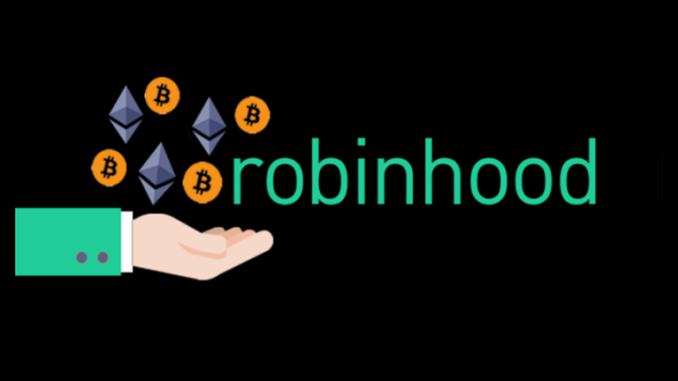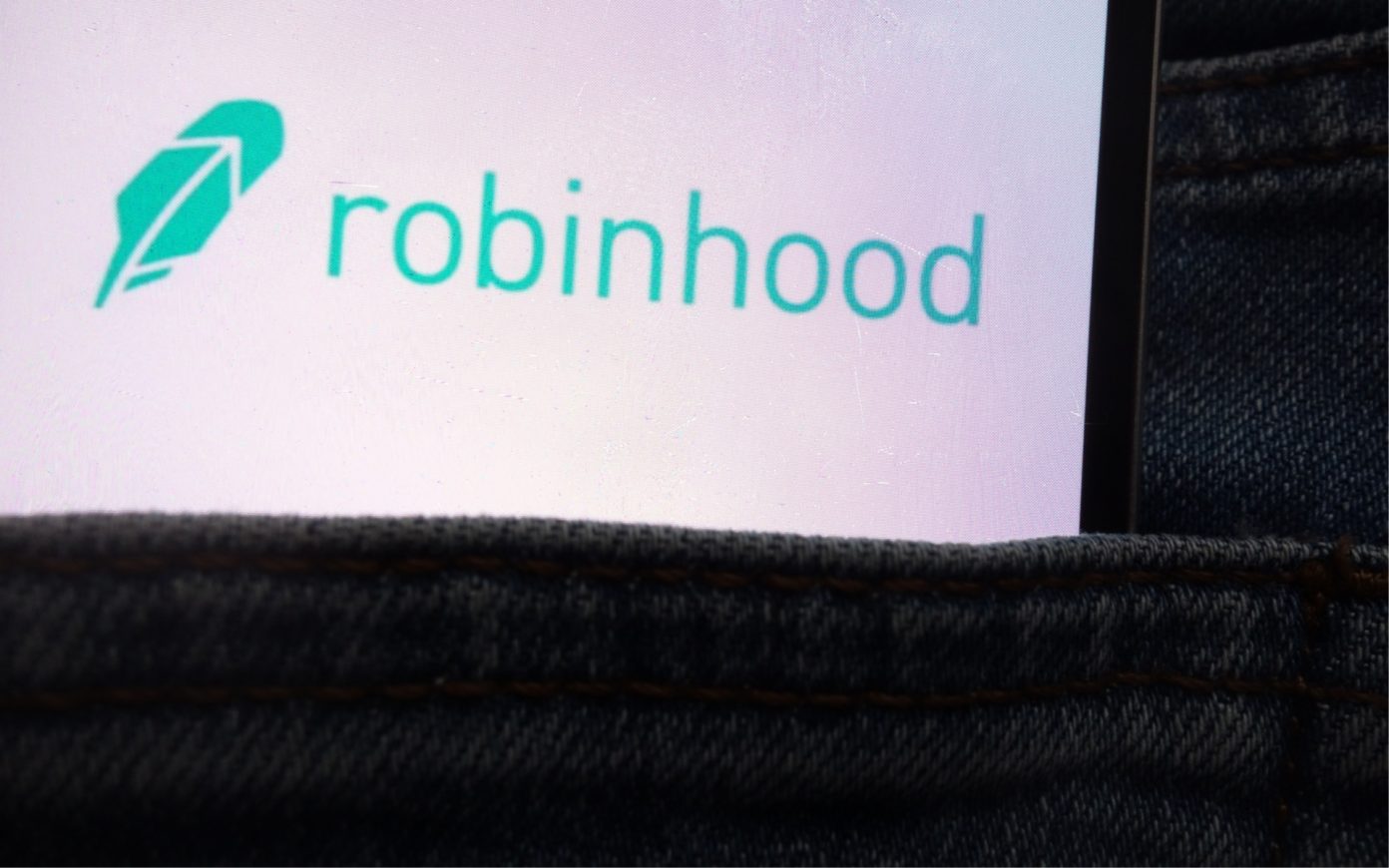
Seeking Alpha has published an exposé by Logan Kane regarding free stock and crypto trading smartphone application Robinhood. Mr. Kane alleges the company “takes from the millennial and gives to the high-frequency trader” by accepting payment for order flow and selling order data for “over ten times as much as other brokers who engage in the practice.” Robinhood reached out to news.Bitcoin.com in response, explaining and defending its practices.
Also read: US Exchange Takes a Step Toward Crypto: Nasdaq Bids for Cinnober
Robinhood Explains Its Business Model and Practices
Known as “best execution,” a licensed brokerage must “execute customer orders at the best available price across every regional and national stock exchange (national best bid and offer, or NBBO),” a statement by Robinhood began in response to an article published in these pages only days ago. The company, “like the rest of the industry, participates in rebate programs which help customers get additional price improvement for their orders by creating competition amongst the exchanges and liquidity providers who fill the orders, often resulting in superior execution quality. Any rebates Robinhood receives do not adversely impact this best execution obligation.”

Mr. Kane rifled through US Securities and Exchange filings from the company, and came to the conclusion “high-frequency trading firms are paying Robinhood over 10 times as much as they pay to other discount brokerages for the same volume,” we reported. He insisted, “Robinhood takes from the millennial and gives to the high-frequency trader,” and “they appear to be selling their customers’ orders for over ten times as much as other brokers who engage in the practice. It’s a conflict of interest and is bad for you as a customer.”
In response, the company explained how it, “unlike many other brokerages, has established the same payment rate (listed in SEC Rule 606 disclosure) with its leading execution venues. This eliminates any incentive to direct orders to a certain execution venue. Robinhood algorithmically routes orders to a variety of different execution venues based on which is most likely to provide the greatest execution quality and price improvement on that order in addition to the NBBO. No other factors impact where customer orders are routed.” The statement continued:
Robinhood is committed to providing the best possible execution quality to its customers regardless of whether they place an order of a single share or one with more than 10,000 shares.

Robinhood Denies Selling Customer Data
Asked why it prefers per dollar value over per share reporting, the company referenced its business model of zero-commission trading, citing “being able to invest in securities that cost less than $20 per share, such as Chesapeake Energy, Sprint, and Ford. Traditional per-share rebates do not make sense for Robinhood’s executing venues since the number of shares Robinhood’s customers transact per dollar is higher than on other platforms. Robinhood generates less revenue with the rebate program structured around value of transaction than if it were structured around shares.”
Responding to the charge of the firm selling personal identifiable data, the company flat out denied the allegation altogether. “Does Robinhood sell personally identifiable data of any kind to execution venues? No. Robinhood takes the privacy and security of their customers extremely seriously. Robinhood does not, has not, and will not sell customer information.”
Do you have a problem with what Robinhood is reportedly doing? Let us know in the comments below.
Images courtesy of Shutterstock.
At Bitcoin.com there’s a bunch of free helpful services. For instance, have you seen our Tools page? You can even look up the exchange rate for a transaction in the past. Or calculate the value of your current holdings. Or create a paper wallet. And much more.
The post Robinhood Responds to Accusations of Favoring Wall Street over Its Users appeared first on Bitcoin News.
Powered by WPeMatico
